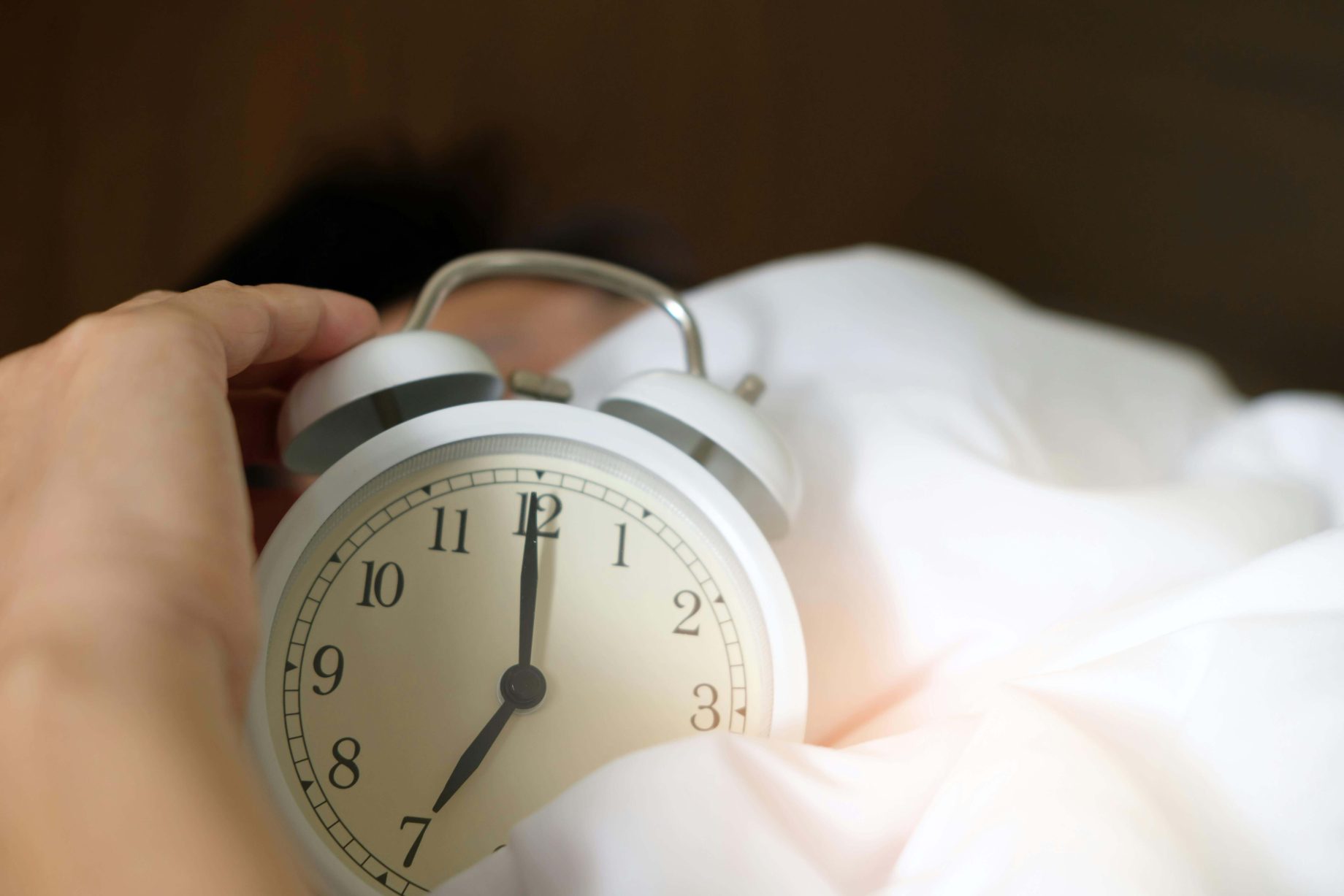Researchers at Semmelweis University have compiled the results of 79 studies involving millions of participants to identify a clear trend: those sleeping too little or too much face increased risks of both stroke and mortality, the findings of the study are now published in GeroScience.
Researchers warn of growing sleep epidemic
“As a society, we are experiencing a sleep epidemic,” said Dr György Purebl, Director of Semmelweis University’s Institute of Behavioural Sciences and co-author of the study. “Even though awareness has grown, our behaviour hasn’t changed much in the last decade.”
Deviating from the 7–8 hour sweet spot raises health risks
The study identified 7 to 8 hours of sleep per night as the optimal range for reducing the risk of death from all causes. Individuals sleeping less than 7 hours were found to have a 14% higher risk of dying prematurely. Conversely, sleeping 9 hours or more increased the risk by 34%.
Gender-specific differences emerged as well. Men who slept less than 7 hours had a 16% higher risk of mortality, and those sleeping 8 hours or more faced a 36% increase. The numbers were even more striking: a 14% increase with short sleep, and a 44% increase with longer sleep durations for women.
While the reasons behind these disparities remain unclear, researchers suggest that hormonal, behavioural, or cardiovascular differences between men and women may play a role.
Modern life worsens the global sleep deficit
The findings come amid growing global concerns over sleep health. Up to one-third of the world’s population experiences insomnia, with around 10% suffering from chronic insomnia.
The causes are varied but well-known: increasing work demands, prolonged exposure to screens and blue light, stress, and irregular schedules—all of which disrupt the body’s natural rhythms.
“The constant exposure to blue light, pressure to remain available around the clock, and disruption of our natural biological rhythms continue to take a toll on our health,” added Dr Purebl.
Sleep length significantly influences stroke risk
The Semmelweis team also examined how sleep duration impacts stroke risk in a secondary study. Those who slept just 5–6 hours had a 29% higher chance of experiencing a stroke and a 12% increase in stroke-related mortality. Alarmingly, people sleeping more than 8–9 hours saw their stroke risk rise by 46%, with a 45% increase in stroke-related deaths.
“Stroke remains one of the leading causes of death and long-term disability worldwide,” said Dr Balázs Győrffy, Head of the Department of Bioinformatics at Semmelweis University and senior author of both studies. “Identifying modifiable risk factors like sleep can offer powerful public health benefits.”
15 million people globally suffer strokes each year. Five million die, and another five million are left with long-term disabilities such as paralysis or cognitive impairment. Many of these outcomes, experts argue, could be prevented through lifestyle changes.
Experts call for public health to prioritise sleep improvement
Experts suggest several simple but effective interventions to promote better sleep. It includes sticking to a regular sleep schedule, avoiding screens and bright light before bed, and maintaining a quiet, cool, and dark sleep environment. Reducing alcohol and caffeine intake and engaging in physical activity are also recommended.
The studies form part of the ongoing Semmelweis Study, a long-term project tracking how lifestyle factors like sleep affect health outcomes among university employees. The aim is to inform public health strategies and shape policy on a larger scale.
“Our findings make it clear that sleep duration should be considered in stroke prevention strategies to reduce the burden on healthcare systems and improve population health,” said Dr Győrffy.












